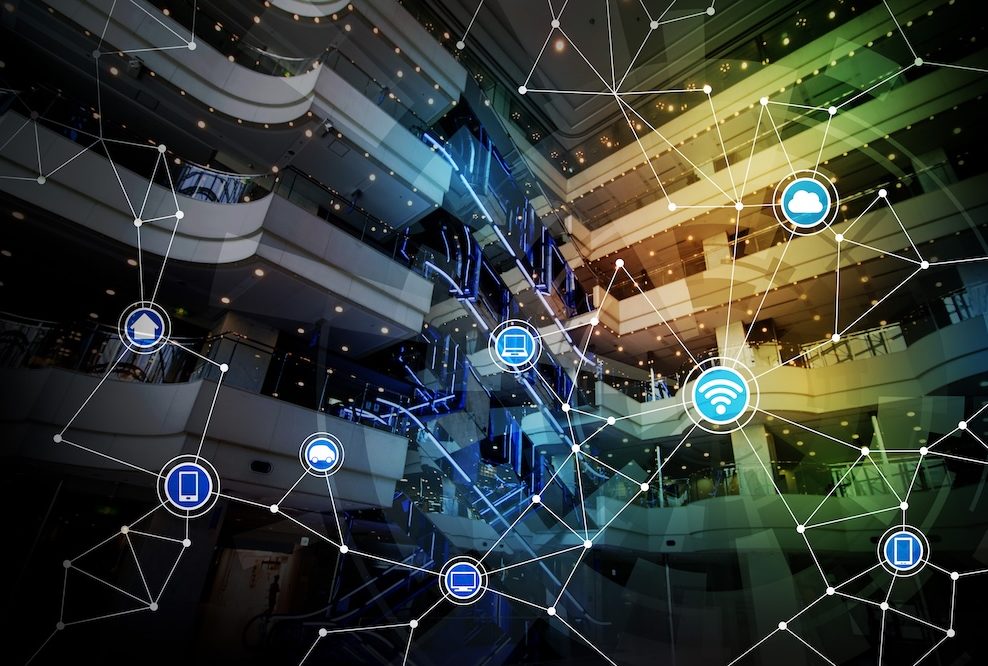Most technology gets labelled ‘smart’ these days. Digital, automated, connected, data-driven, powered by AI – smart can be shorthand for all of them.
But it’s not just what goes into a technology that makes it smart. Just as important is how it’s used. Including how it links with other tech, people and processes.
Keenon service robots fit the conventional definition of smart technology. They combine the likes of AI navigation, remote sensors and cameras, wireless connectivity, and touchscreen and voice interfaces to provide automated solutions for food service, cleaning, transportation and more.
But the really smart thing about Keenon robots is not what they can do individually. It’s how they can be combined to handle multiple services in the same settings to deliver transformational changes to both operational efficiency and customer experiences.
Smart robots, smart hotels
One sector ideally placed to take advantage Keenon’s end-to-end smart solutions is the hotel industry. The brand made the news recently with the launch of its complete hotel automation range at the Furama Hotel Chiang Mai, Thailand, dubbed the first ‘smart hotel’ in the country.
The Furama Hotel has adopted Keenon robots to provide three functions:
- Food delivery and guest services: DINERBOT robots are being used to meal delivery and table clearing services in the hotel’s restaurants, bars and other shared areas, while the BUTLERBOT model, capable of navigating across different floors via elevator systems, is being used for room service.
- Cleaning: The KLEENBOT C30 operates via a state-of-the-art 3-in-1 waterless cleaning system, sweeping, dust mopping, and vacuuming with precision and low noise levels.
- Load handling: Engineered to manage heavy-duty tasks, the KEENON S100 boasts a load capacity exceeding 100kg, making it ideal for transporting items such as linens, luggage, and supplies.
These combined solutions touch on many areas of hotel operations, from guest-facing services to backend logistics to hygiene and safety. Hotel operators are looking to technology wherever possible to create more personalized and engaging environments for travellers. Interactive robots help make the guest experience more seamless and satisfying from arrival to departure, providing on-demand services around the clock with precision and reliability, whether it’s transporting luggage to or from rooms or delivering food and drink.
With 97% of hotel guests rating cleanliness as the number one factor they judge the quality of a stay on, automating the cleaning of shared areas eases some of the burden on housekeeping staff and allows them to focus their attention on guest rooms. This applies more generally to tasks like luggage transport and room service, too. By automating repetitive and time-consuming tasks, robots allow hotel staff to concentrate on providing excellent customer service and assisting with more complex guest needs.
Looking ahead, the potential for smart robotics in the hotel industry is near limitless. Next-generation robots are already leveraging AI to interact more naturally with guests, particularly via voice. The integration of AI will allow robots to learn guest preferences, offer personalized recommendations and provide information in a user-friendly manner. As robots continue to evolve, smart hotels may soon be offering hyper-customized experiences that don’t just ask the right questions, but even anticipate guest needs, from tailored dining suggestions to real-time adjustments in room settings—all designed to create a truly memorable stay.
To find out more about our Keenon Robotics range, contact the Oxhoo team today.
